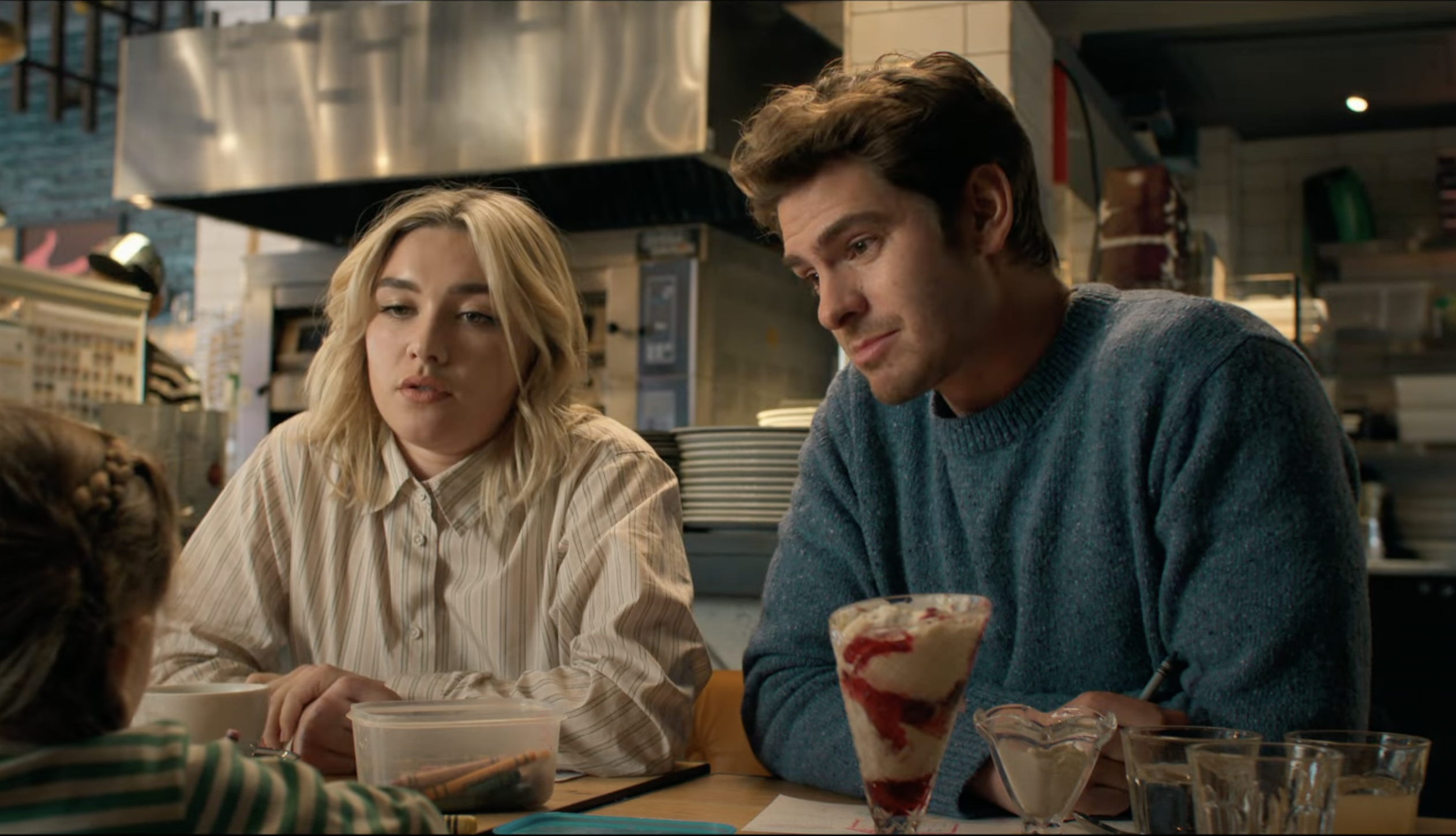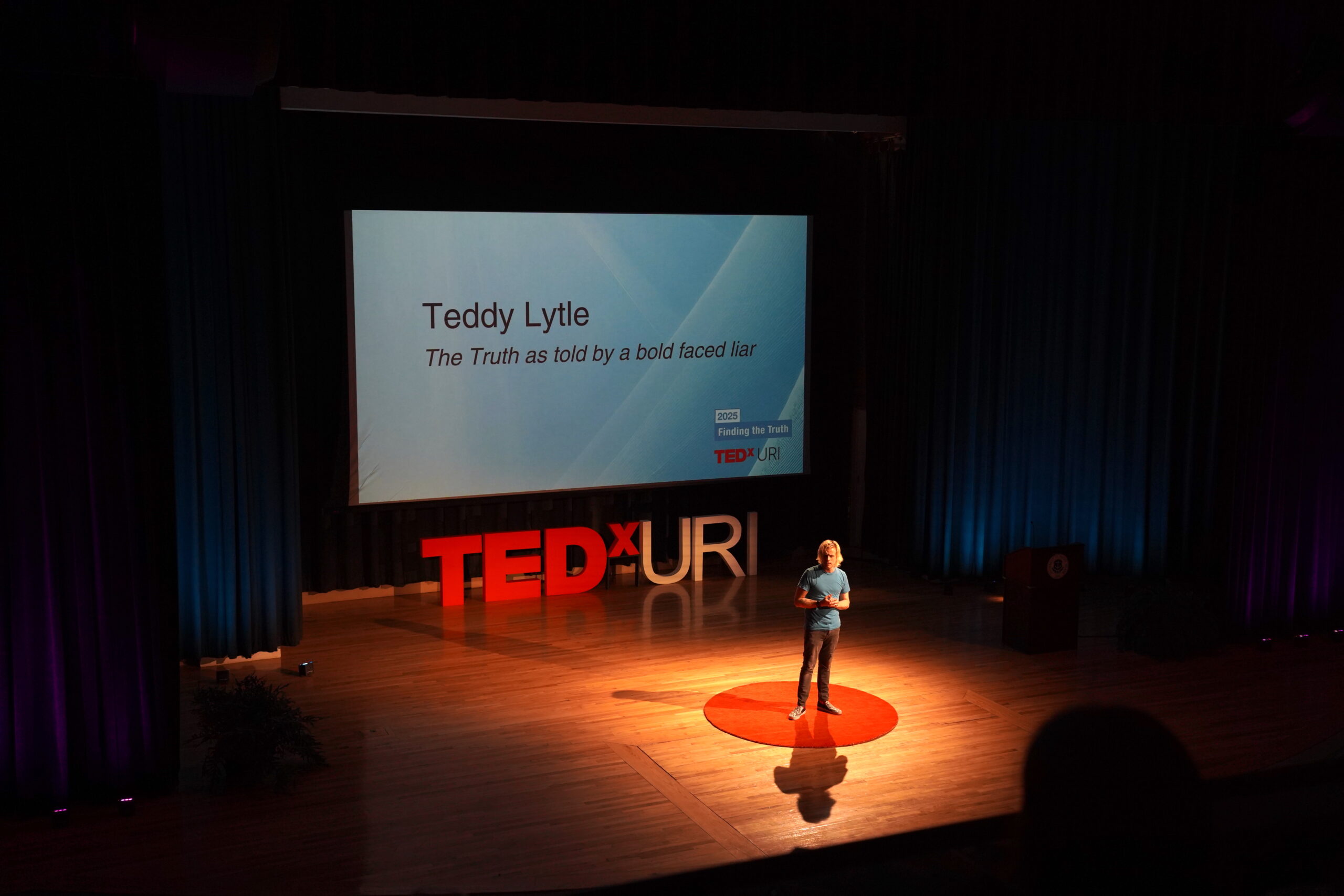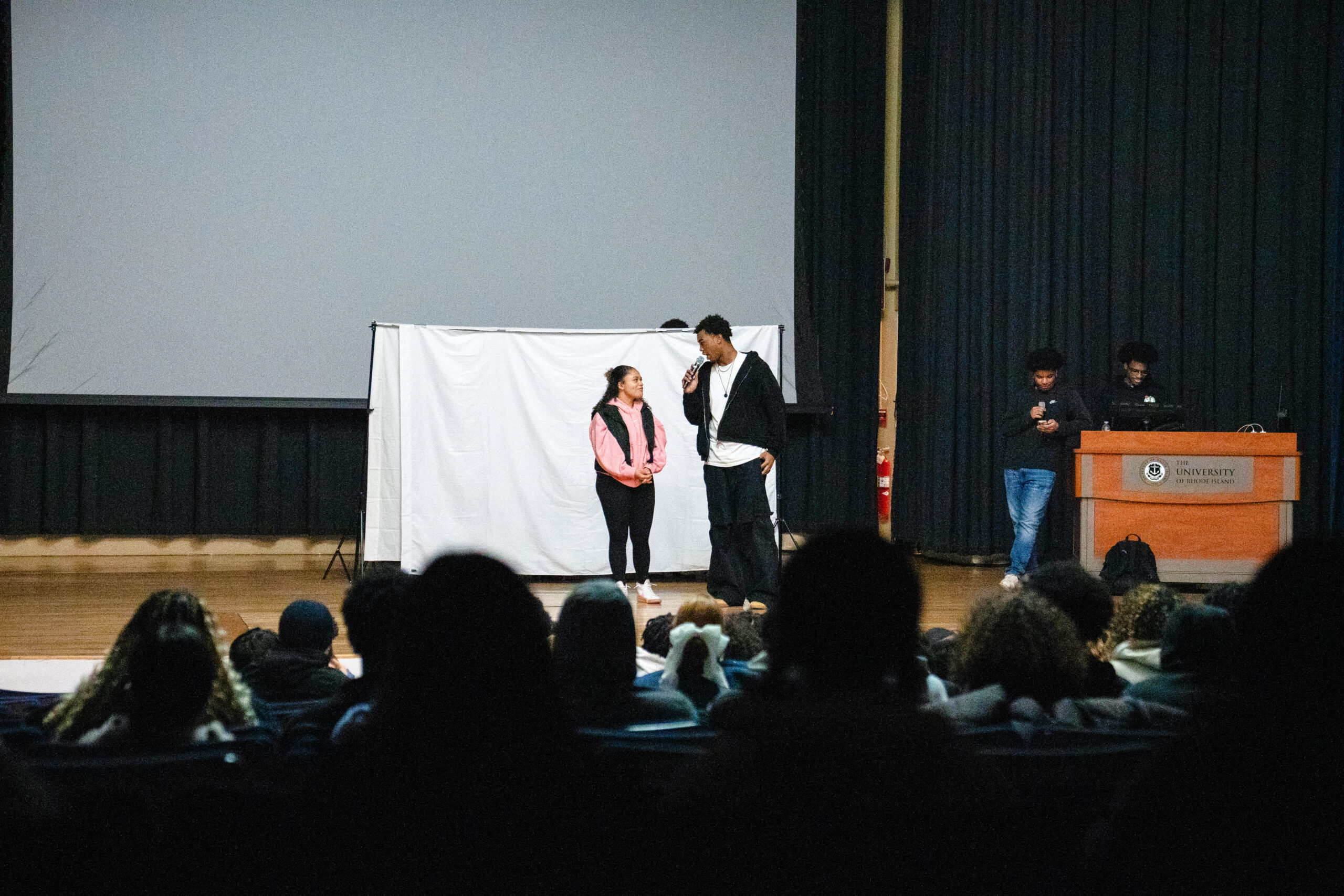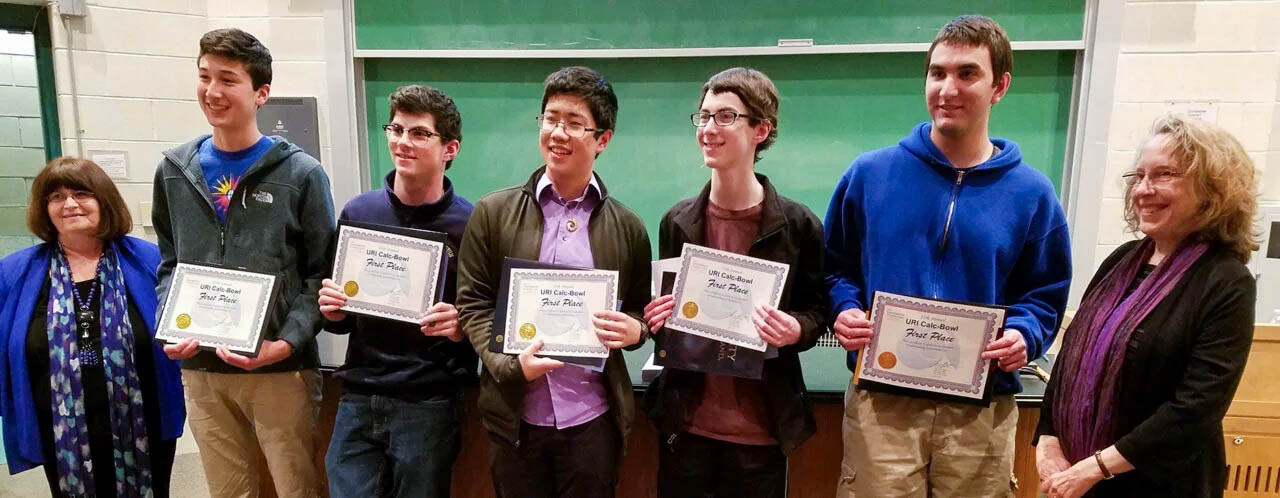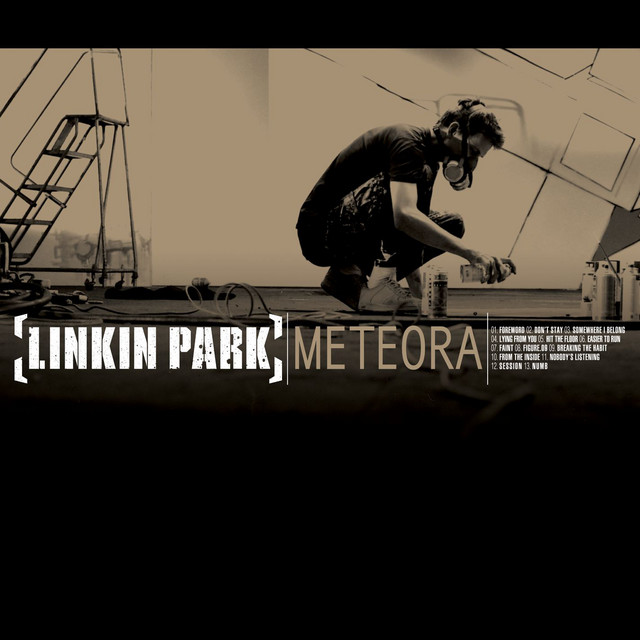Walking into “We Live in Time,” all I knew was I was going to see Andrew Garfield and Florence Pugh. I had avoided any and all spoilers of the plot, to the point I had no clue what I was in for.
I walked out with tears staining my face and a greater appreciation for cooking competitions.
The film revolves around Tobias (Garfield) and Almut (Pugh) as they fall in love and deal with Almut’s cancer diagnosis over the course of several years, told nonchronologically. Typically, I dislike movies in this structure with the exception of Greta Gerwig’s “Little Women,” but this made sense for “We Live in Time.”
Without establishing high stakes at the beginning of the movie, in this case limited time, the start of Tobias and Almut’s story reads like a basic romance: a spontaneous meeting, date montages and so on. By establishing a looming danger, the story avoids cliches.
Almut’s booming career as a chef is the running subplot, as she trains for a prestigious cooking competition. Despite her accolades, Almut is far from a perfect character. In fact, her decisions often made me want to slam my head against the theater seat.
Fortunately, Pugh has a talent for taking unlikeable characters and turning them into relatable, beloved icons. I hate to keep bringing up “Little Women,” but Pugh’s portrayal of Amy March is the prime example.
Instead of a misguided competitive character with the wrong priorities, Pugh shaped Almut into a woman with her back against the wall who wants to leave the world with something to show for it.
Opposite her is Garfield, playing an even-tempered, gentle Tobias. Garfield could have chemistry with a wooden stool, so it’s not shocking he and Pugh are electric together.
Kudos to the costume designer who put him in glasses for this movie. Fantastic choice, and I’ll name my first born child after you.
My only gripe with the movie is a compliment to it: I wish it were longer.
When tackling a story that spans multiple years, it can be tough to delve into plot points with the detail they deserve. With a runtime of one hour and 44 minutes, “We Live in Time” attempts to cram an ocean of a plot into a teacup.
Personally, I would’ve loved to see more of Almut’s motivations for her (insane) choices. Tobias is a great character, but he could’ve had stronger motivations and traits if he had more time to develop them, at times overshadowed by Almut.
If you’re looking for a light-hearted romantic comedy, sprint the other way. The movie had its humorous moments, of course, but it did leave me feeling like someone carved out my heart and then ran it over with an 18-wheeler.
The reason the story is so heart wrenching is because it’s ordinary. Unlike other modern romances like “The Notebook” and “La La Land,” nothing fantastical happens. Nobody is kissing in a miraculous rainstorm or getting famous.
“We Live in Time” is simply a story about two people falling in love, building a family and dealing with a diagnosis that 39-41% of Americans experience.
While that common story is what makes the movie full of anguish, it also makes it full of hope. Sure, maybe I walked out of the movies with my shirt sleeve stained with snot, but I also walked out with the hope that maybe I’ll hit the love of my life with my car.
And isn’t that what we see romance movies for anyway?

